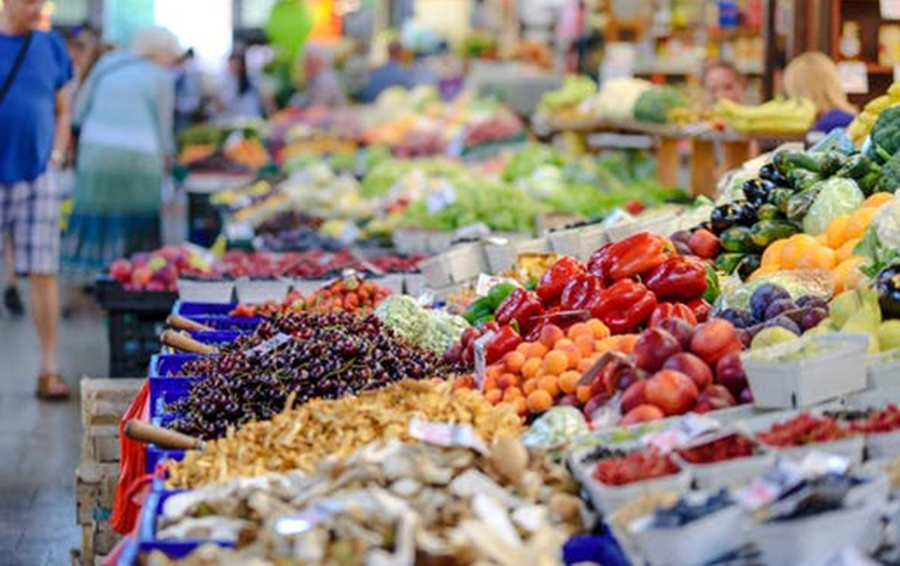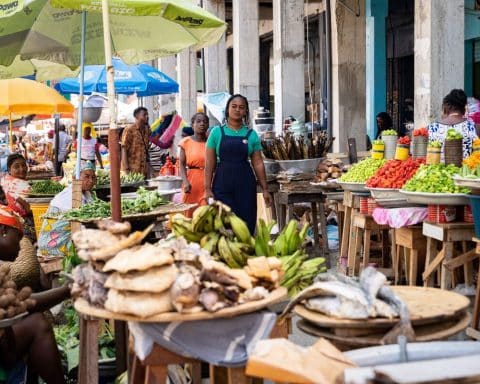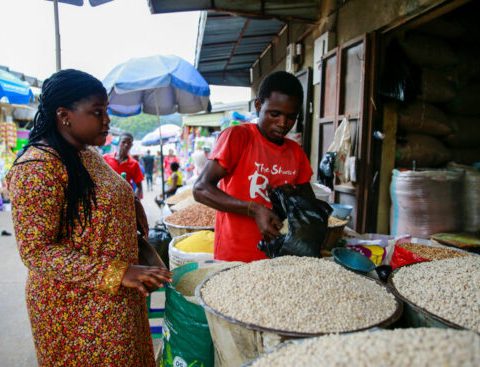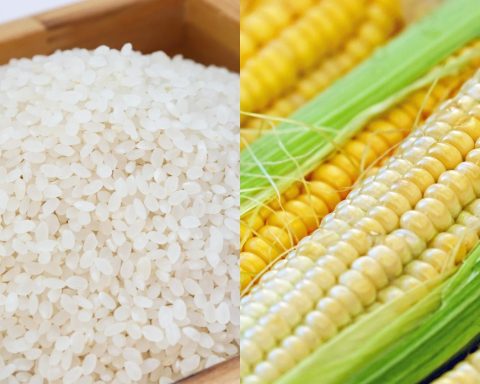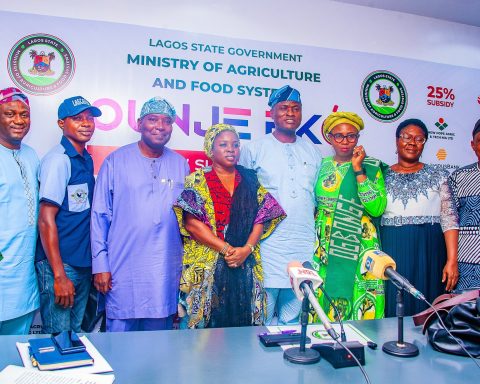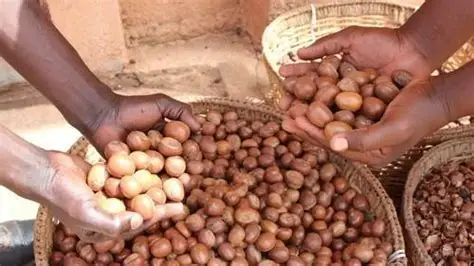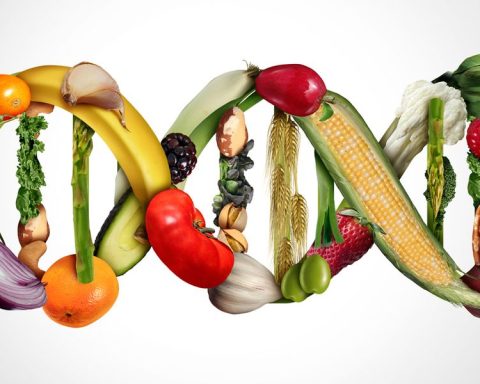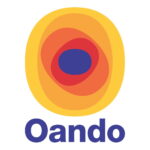A looming crisis in West Africa’s food security emerges as experts predict a distressing surge in staple food prices across the region in 2024.
The report titled “West Africa Regional Supply and Market Outlook,” a collaborative effort by the Food and Agricultural Organisation (FAO), World Food Program (WFP), and other stakeholders, serves as a warning of the impending challenges.
Join our WhatsApp Channel“Staple prices currently remain above the five-year average across the region,” the report highlighted, citing a multitude of factors driving this alarming trend. These factors encompass production shortfalls, trade restrictions, heightened global prices, escalating transaction expenses, and currency depreciation, particularly in the Gulf of Guinea coastal nations.
READ ALSO: Rising Food Prices Bite Nigerians As Headline Inflation Hits 28.20% In Latest NBS Data
Nigeria, in particular, anticipates a surge in annual inflation primarily stemming from the removal of fuel subsidies, inevitably propelling staple food prices beyond their normal levels.
The report identified a myriad of challenges, including constrained humanitarian aid, trade disruptions, security threats, and socioeconomic issues, exacerbating the situation in the country.
Furthermore, the report foresees a 42% decline in coarse grain production, notably maize, sorghum, and millet, attributing this downturn to agroclimatic adversities, rising production costs, and escalating insecurity.
READ ALSO: How Russia’s Withdrawal From Black Sea Grain Deal May Escalate Food Shortages In African Countries
Conversely, rice production is expected to witness an increase, while imports are projected to dwindle due to global trade restrictions, amplified shipping expenses, lower national exchange rates, and domestic policies.
However, amid this gloomy forecast, a glimmer of hope emerges for certain crops. The report optimistically highlights favorable regional production prospects for root vegetables like cassava and yam and other cash crops, buoyed by the robust output of major coastal country producers.
The coming year appears poised for a challenging period, as West Africa grapples with the multifaceted issues influencing food production, trade, and security, potentially reshaping the region’s agricultural landscape and food accessibility.
Emmanuel Ochayi is a journalist. He is a graduate of the University of Lagos, School of first choice and the nations pride. Emmanuel is keen on exploring writing angles in different areas, including Business, climate change, politics, Education, and others.


